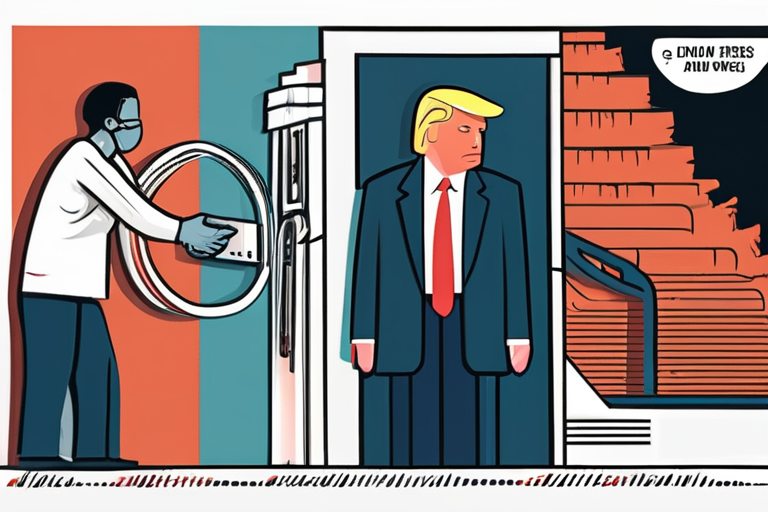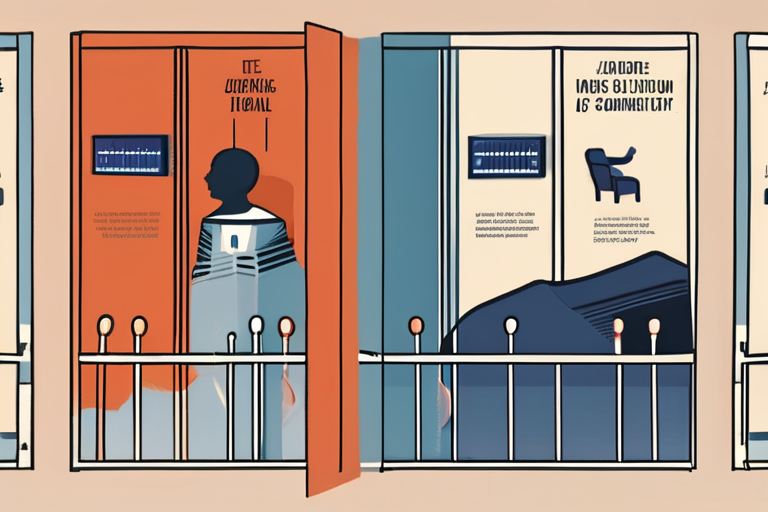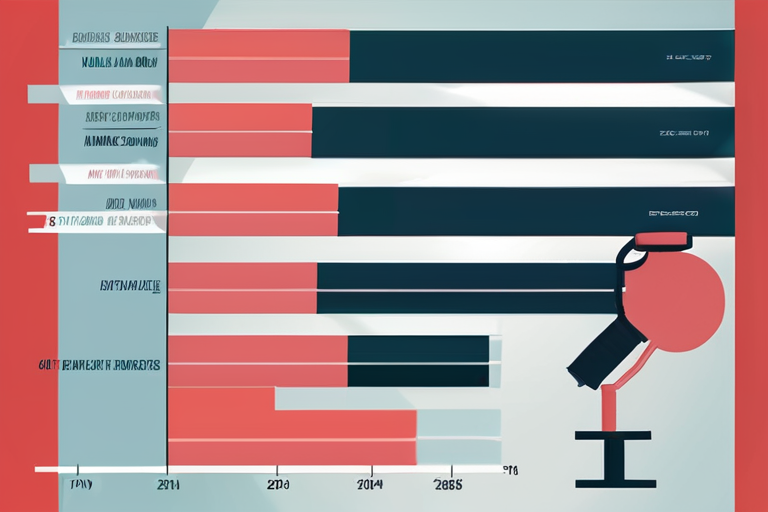The Trump administration's abrupt cancellation of federal funding for biomedical research in March 2020 had far-reaching consequences, with at least 383 active clinical trials being terminated, leaving over 74,000 participants without access to their experimental treatments, monitoring, or follow-ups. This drastic measure, which was part of the administration's broader effort to realign grant funding with its priorities, has been widely criticized for its wastefulness and ethical implications.
According to a study published in JAMA Internal Medicine, the National Institutes of Health (NIH) under the Trump administration canceled $1.8 billion in grant funding, affecting numerous clinical trials that were already in progress. The researchers, led by health care policy expert Anupam Jena, used an NIH database and a federal accountability tracking tool to identify grants supporting clinical trials that were abruptly terminated.
The study reveals that the terminated trials were focused on a wide range of medical conditions, including cancer, cardiovascular disease, and neurological disorders. The affected participants, who were enrolled in these trials, were left without access to potentially life-saving treatments or follow-up care, which can have serious consequences for their health outcomes.
The financial impact of these cancellations is significant, with the NIH losing $1.8 billion in grant funding. However, the human cost is even more profound, with over 74,000 participants being cut off from their experimental treatments. This has raised concerns about the ethics of abruptly terminating clinical trials, particularly when participants have already invested significant time and effort into the research process.
The NIH's decision to cancel grant funding has also had a broader impact on the biomedical research industry. The NIH is one of the largest funders of biomedical research in the world, and its funding decisions have a significant impact on the research landscape. The cancellation of grant funding has led to a decline in research productivity, as scientists and researchers are forced to adapt to the changing funding landscape.
The future outlook for biomedical research is uncertain, with the Biden administration facing a significant challenge in rebuilding the research infrastructure that was damaged during the Trump administration. The NIH has already begun to restore some of the funding that was cut, but the process of rebuilding the research infrastructure will take time.
In the meantime, the biomedical research industry is likely to continue to face significant challenges, including funding uncertainty and a shortage of skilled researchers. However, the industry is also likely to see a renewed focus on translational research, which aims to bring laboratory discoveries to the bedside more quickly. This shift in focus is likely to have a positive impact on the development of new treatments and therapies, which can ultimately benefit patients and improve health outcomes.
As the biomedical research industry continues to evolve, it is clear that the Trump administration's decision to cancel grant funding has had a lasting impact on the research landscape. While the financial costs of these cancellations are significant, the human cost is even more profound, and it will take time for the industry to recover from the damage that was done.



























Share & Engage Share
Share this article